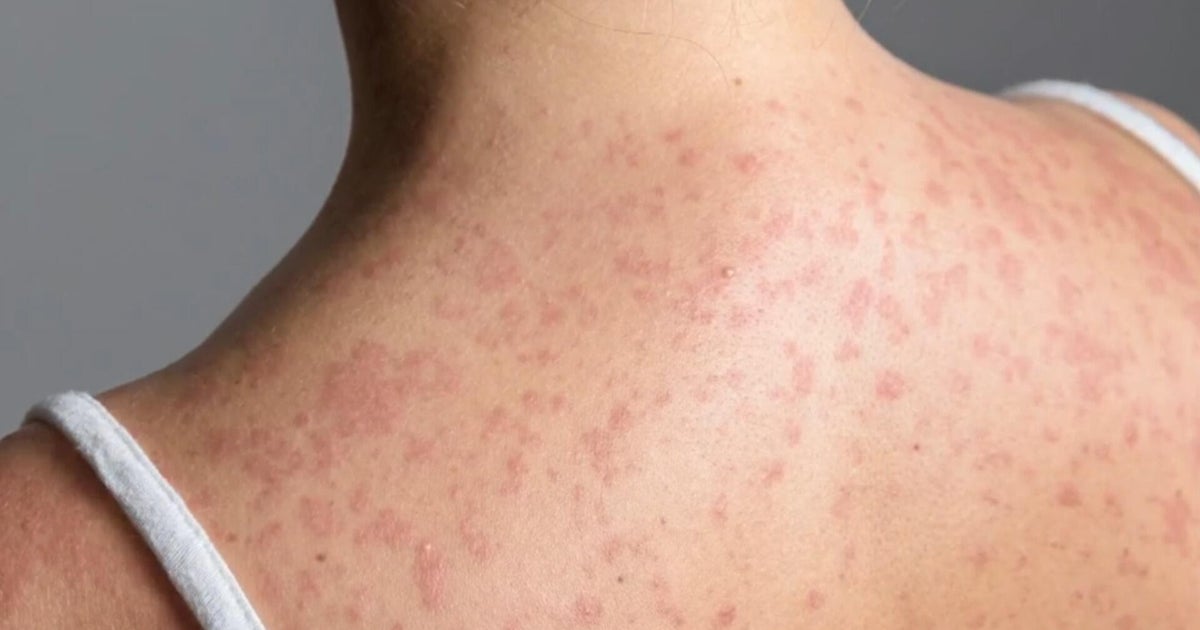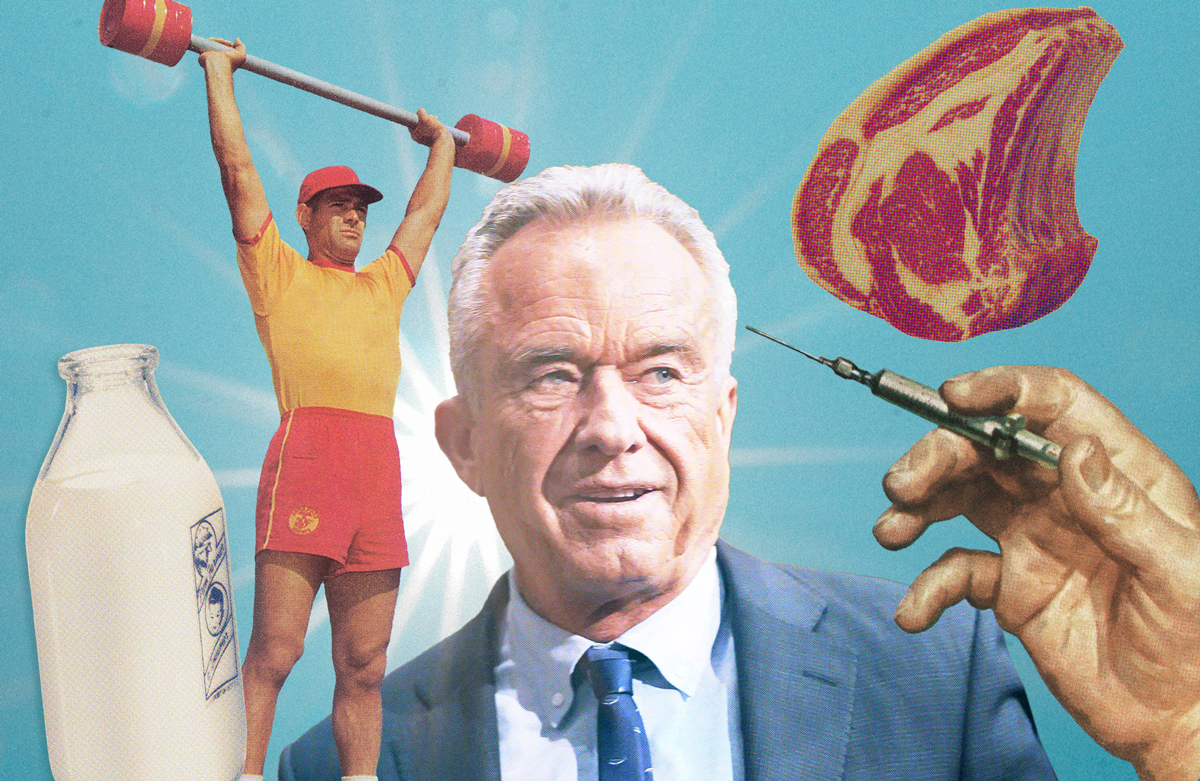More than 84 million Americans expected to travel over winter holidays as cases surge
More than 84.5 million Americans are expected to travel this holiday season, in spite of COVID-19 restrictions and guidelines. But non-essential travel could spell disaster for COVID-19 rates, as infections and hospitalizations from Thanksgiving still surge across the country.
"Travel may increase your chance of spreading and getting COVID-19," said the Centers for Disease Control and Prevention in an updated statement Wednesday. "CDC continues to recommend postponing travel and staying home, as this is the best way to protect yourself and others this year."
The U.S has surpassed 17 million confirmed COVID-19 cases since the start of the pandemic with a surge that public health officials have linked directly to Thanksgiving travel. During Thanksgiving, more than 50 million Americans left their homes for the holiday, 34.5 million fewer than are predicted to travel this winter.
The agency offered a list of questions Americans should consider before traveling: Does someone you're traveling with have an increased risk from COVID-19? Are cases rising in the area where the gathering is taking place? Are hospitals there overwhelmed? Does your destination have restrictions for travelers? Have the people you're visiting had close contact with others? Will you be traveling by bus, train or airplane, which would make social distancing difficult?
If the answer to any of these is yes — which for most Americans, it is — the CDC recommends staying home. Holiday travelers who use airports, train stations or buses can contract COVID-19 while remaining asymptomatic, making them a danger to those they come into contact with.
Government and health officials are warning residents that the number of holidays in such a short period of time could pose a greater risk than Thanksgiving.
"You go through Christmas and Hanukkah, you go through the week between Christmas and New Year's, and then you have another celebration on New Year's," said Dr. Anthony Fauci, the nation's leading infectious disease expert, during a health summit Monday. "That extends that vulnerable period by two or three times what you do in Thanksgiving."
In California, where remaining intensive care unit capacity is less than 13% in every region, San Francisco's public health director Grant Colfax linked the significant increase of COVID-19 cases directly to Thanksgiving travel, urging residents to stay home and turn the state's "dire situation" around rather than travel for the holidays.
"An increase over this next holiday period could put us over the edge into a truly catastrophic situation," Colfax said. "We cannot afford a further increase in cases."
In the last week, more than 247,000 new cases have been reported and a record 3,600 deaths were reported in one day. More than 310,000 Americans have died from the virus since the beginning of the pandemic, according to data compiled by Johns Hopkins University.
Earlier in the week, hospitals around the U.S received the first doses of the Pfizer COVID-19 vaccine, just days after the Food and Drug Administration authorized Pfizer's vaccine for emergency use. While officials have said the vaccine, with its 94% efficacy rate, will drastically curb infections, the first million doses have been slated for front-line health care workers and those at high risk of infection. It is unlikely the average healthy citizen will be vaccinated before summer 2021, making holiday travel that much more dangerous.
The White House has yet to urge Americans to stay home, a precedent they set amid the first warnings against Thanksgiving travel. But for people who are still planning on traveling, the CDC also recommends checking travel restrictions, getting the flu shot, wearing a mask in public settings, hosting outdoor events, social distancing and washing your hands often.
"Stay at home as much as you can, keep your interactions to the extent possible to members of the same household," Fauci told the Washington Post on Wednesday. "This cannot be business as usual this Christmas because we're already in a very difficult situation, and we're going to make it worse, if we don't do something about it."



